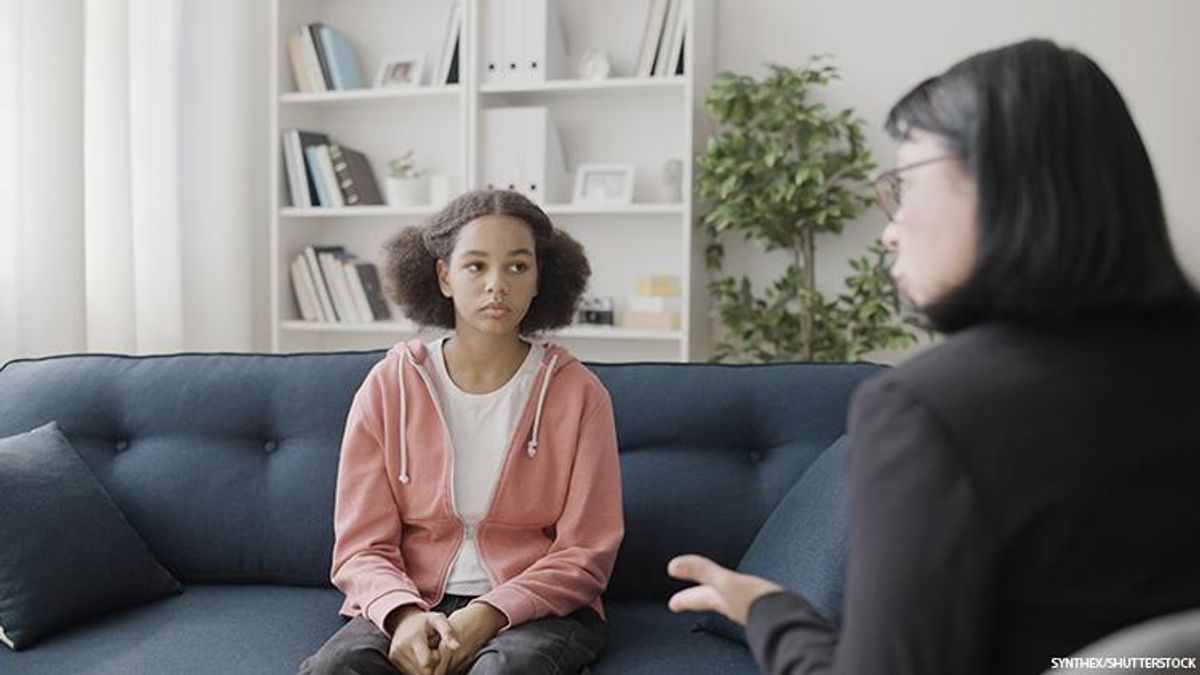The U.S. Court of Appeals for the Ninth Circuit Tuesday upheld Washington State's ban on conversion therapy for minors.
"In relying on the body of evidence before it as well as the medical recommendations of expert organizations, the Washington Legislature rationally acted by amending its regulatory scheme for licensed health care providers to add '[p]erforming conversion therapy on a patient under age eighteen' to the list of unprofessional conduct for the health professions," Judge Ronald M. Gould wrote. A three-judge panel of the court heard the case, Tingley v. Ferguson, and agreed unanimously that the law is constitutional and can be enforced.
Washington passed the law in 2018. Brian Tingley, a licensed therapist who believes in conversion therapy, filed suit against the state in 2021, claiming the law violated his rights to free speech and religious liberty under the U.S. Constitution. Therapists who practice "under the auspices of a religious denomination, church, or religious organization" are exempt from state regulation. Tingley does not fall into this category, but he does adhere to conservative Christian beliefs about sexual orientation and gender identity. A trial court had dismissed his lawsuit a year ago, and the Ninth Circuit affirmed the dismissal.
The Ninth Circuit had upheld California's anti-conversion therapy law, which is almost identical to Washington's, in its Pickup v. Brown decision in 2014. The basis for that decision still applies, Gould wrote.
"In Pickup, the court concluded that California's regulation of conversion therapy treatment was a regulation of conduct and that any effect it may have on free speech interests was merely incidental," he stated.
Of the Washington case, he wrote, "The panel held that Washington's licensing scheme for health care providers did not violate the First or Fourteenth Amendments. States do not lose the power to regulate the safety of medical treatments performed under the authority of a state license merely because those treatments are implemented through speech rather than through scalpel.
"The Washington legislature acted rationally when it decided to protect the 'physical and psychological well-being' of its minors by preventing state-licensed health care providers from practicing conversion therapy on them."
Gould's decision also cited the fact that major mental health groups are opposed to conversion therapy, which they consider ineffective and harmful.
Tingley's suit named Washington State officials as defendants. Equal Rights Washington, an LGBTQ+ group, intervened in the case to help Washington Attorney General Robert W. Ferguson defend the law. Lawyers from the National Center for Lesbian Rights represented Equal Rights Washington.
"We are thrilled by today's decision, which ensures that Washington's lifesaving law can continue to be enforced and that LGBTQ children in Washington will not be subjected to these discredited practices, which have been rejected as unsafe by every major medical organization in this country," Shannon Minter, NCLR legal director, said in a press release. Minter argued on behalf of Equal Rights Washington before the federal district court in Tacoma last year.
"Laws like Washington's are critical to protecting minors and parents from being harmed by unethical therapists who falsely claim to be able to prevent a child from being gay or transgender," added Mathew Shurka, cofounder of Born Perfect, NCLR's campaign to end conversion therapy. "As a survivor of more than five years of conversion therapy, I know firsthand how damaging these practices are to young people and their families. The medical community has rejected these practices because they are harmful, ineffective, and unnecessary. Being LGBTQ is not a mental health disorder. Trying to change such a fundamental aspect of a person's identity is not only impossible, it is profoundly dangerous and causes serious, lasting harm."
Since California enacted the first statewide law protecting minors from conversion therapy in 2012, 20 other states and more than 100 municipalities have enacted similar laws. These laws have been upheld by the Ninth and Third Circuits and by federal district courts in Maryland, Florida, and Illinois.
The sole exception is a split decision in 2020 by a three-judge panel of the Eleventh Circuit in Otto v. Boca Raton, which reversed a federal district court opinion upholding two Florida municipal ordinances that protected minors from conversion therapy. The Eleventh Circuit declined to rehear the case en banc (with all the circuit's judges) earlier this year, despite strong dissenting opinions noting that the panel's decision improperly disregarded the district court's factual findings and misapplied First Amendment law.


















































































